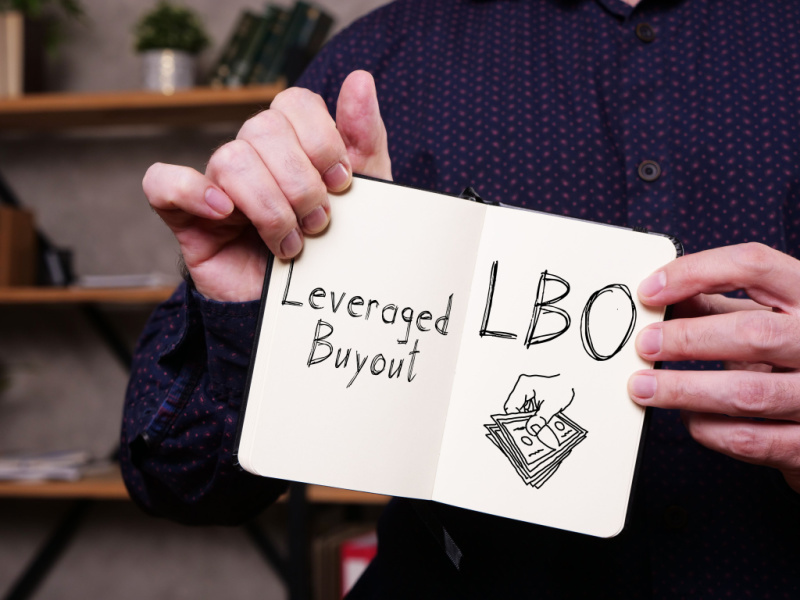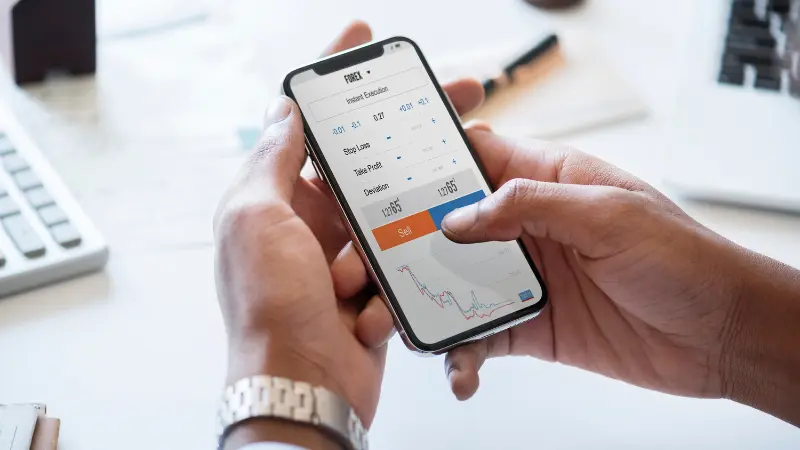
A leveraged buyout is a form of business acquisition in which the acquiring company buys shares of another company using borrowed funds. Simply put, under a leveraged buyout one company raises funds to acquire another company using debt. In return, the acquiring company repays such debt sing the cash flows generated from the acquired company.
How does a Leveraged Buyout work?
In Leveraged buyouts or LBO, acquiring companies prepare a financial model of the company getting acquired. This usually involves forecasting the company’s performance over the next five years and estimating its terminal value for the end of the buyout duration.
The acquiring company presents the analysis to banks and other lenders to secure maximum debt. This can help the acquiring company in maximising the returns on equity. The banks and other lenders will then finalise the terms to close the transaction, after which, the PE firm and company management must ensure value-add to the business at every stage. Some of the aspects that are focused upon include, top-line growth, cost reduction, debt repayment, and earliest realization of returns.
Some of the commonly used steps in a leveraged buyout strategy are:
- Financial forecast of the target company
- Analysis of company financial statements to estimate free cash flow
- Establish interest and debt schedules
- Estimate the extent of leverage that the transaction can afford
- Estimate the Internal Rate of Return (IRR)
- Conduct sensitivity analysis
This is how a LBO is generally structured
Type of companies that get acquired through leveraged buyout
In most leveraged buyouts, companies that are mature and stable and are in non-cyclical business are preferred by acquiring companies.
Due to the amount of debt involved in leveraged buyouts, it’s important for acquiring companies to ensure predictable cash flows from the company being acquired. The business should also offer high margins and preferably require lower capital expenditures. A predictable and stable cash flow allows the acquiring company to easily repay debt.
Benefits of leveraged buyout
Although leveraged buyouts are often risky, some of the benefits that can be availed are:
- Better control – Since an LBO transaction results in the conversion of a public company to private ownership, the new business owners can take charge of the company’s operations and cost structure. This allows an easier company overhaul and long-term success.
- Financial benefit – An LBO deal does not require any direct funding from the acquiring company, investors have a fair chance to make financial gains as per the company’s ability to generate cash flows.
- Opportunity to continue business – Some companies may go through difficult financial phases, so much so, that they face the risk of being closed down. With LBO deals, the buying company gives the business new opportunities to turn profitable in the long run.
Drawbacks of leveraged buyout
Every business deal has both positives and flaws. Some of the drawbacks of LBOs are:
- Disinterest – LBOs may result in a hostile takeover. In such cases, the company being acquired may not be interested in the deal and dissatisfied employees may either stop working or not perform up to expectations. This can hamper the company’s chances of success.
- Chances of bankruptcy – In case the company being acquired cannot financially cover the cost of the debt repayment, the company may end up being bankrupt.
- Outcome of cost-cutting – Since LBO success depends on the cost control measures implemented by the acquiring company, it can involve job cuts and many other unpopular decisions. Thus, existing employees may lose their jobs and impact the company’s image among the workforce.
Do leveraged buyouts work?
As LBOs involve leverage or debt, the expected returns from the company can be enhanced and benefit the acquiring company or private equity firm. Acquiring companies, which can also be PE firms, put in a minimal amount of self-funding to ensure a higher return on equity (ROE) and internal rate of return (IRR).
Acquiring companies generally target IRRs of around 20-30% or higher to make LBOs profitable.
Although leverage can enhance equity returns, there is a higher risk of non-payment of debt involved in such deals. Since LBOs involve multiple debt tranches dedicated to a company’s transformation, the acquiring company may be significantly increasing the risk levels of such transactions. In case the company is unable to generate sufficient cash flows, the acquiring company may not service the debt on time and increase the chances of negative returns from the deal.
Conclusion
Today, LBOs are not as popular as once used to be, especially due to stricter banking laws and stringent monitoring by SEBI. Therefore, companies have to ensure a well-established buyout plan while approaching banks and lenders to finance an LBO.
FAQs
A management buyout is when a company’s existing management acquires all or majority of the company from its parent company or individual owners. This allows managers to become the company owners and enhance business operations to maximise profitability.
Some of the factors that influence the LBO deal returns include level of operational improvement, amount of leverage, and time period required for business expansion or overhaul.
Yes, LBOs are not as popular in the global markets since India is still an emerging market and there is lower scope of profitability in global markets due to the maturity of markets.
Although leveraged buyouts do not violate market regulations, there are higher chances of enhanced risk due to leverage and the possibility of bankruptcy in case the deal does not go as planned.





















